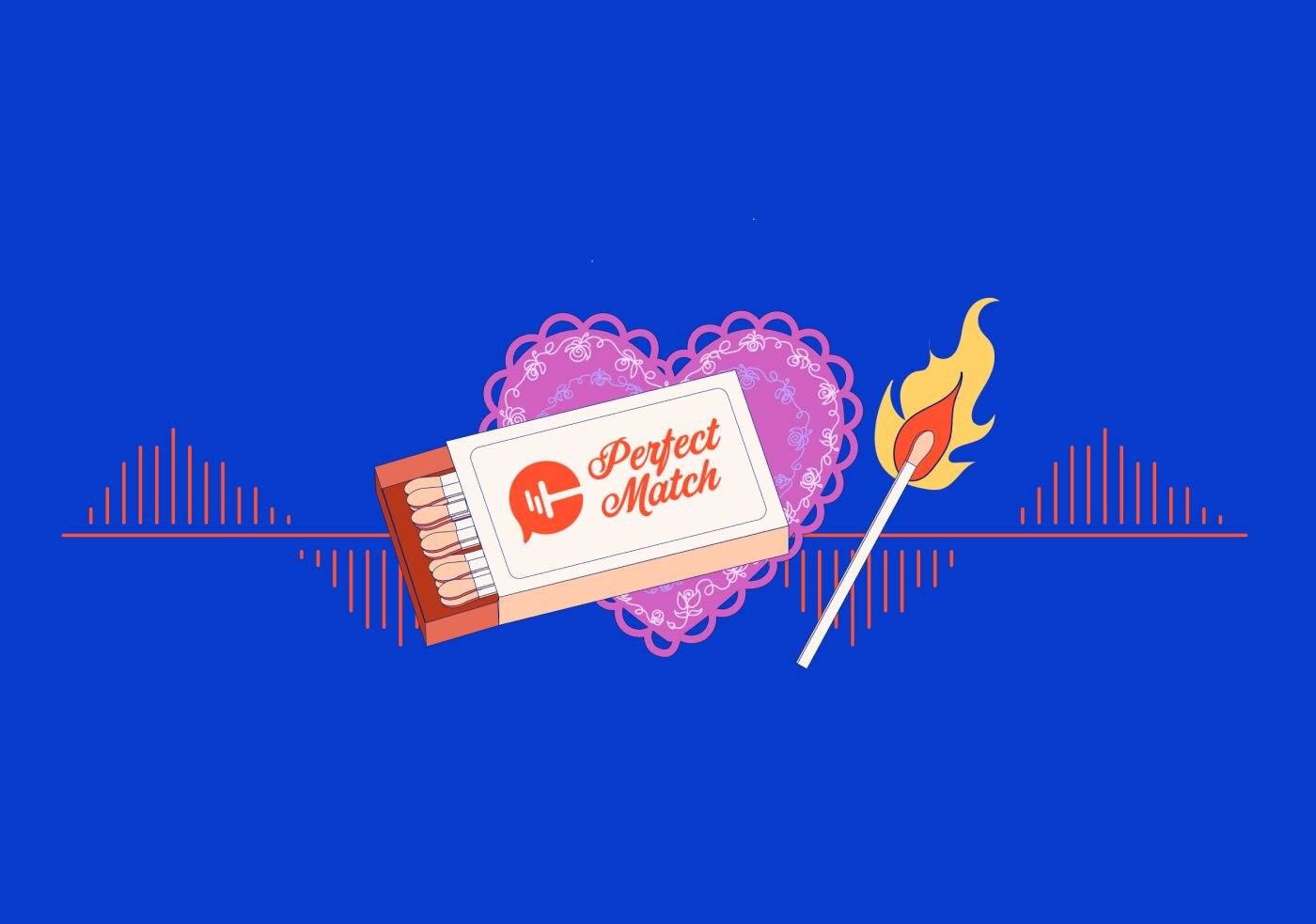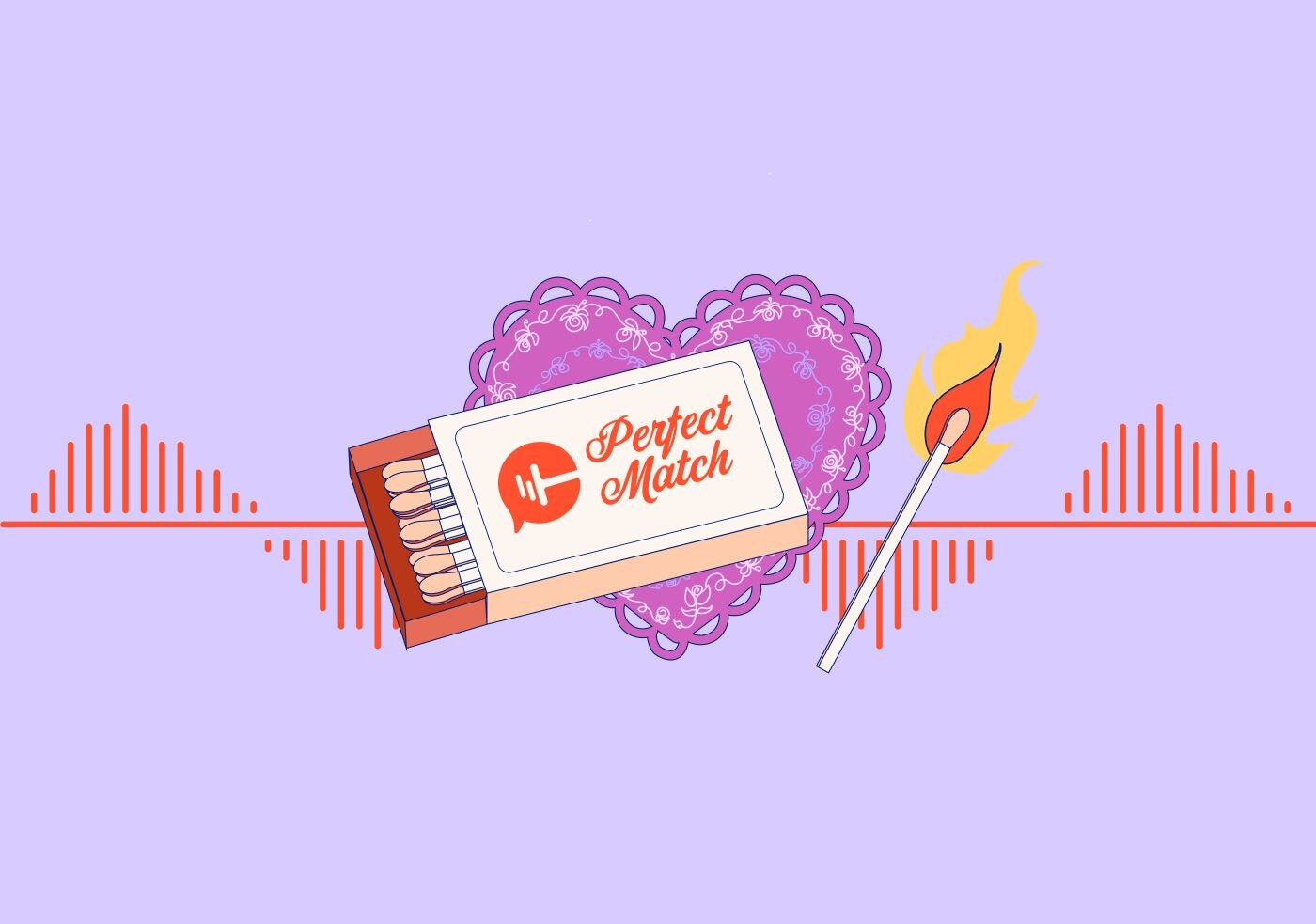You’re most likely familiar with the strategy of using pay-per-click advertising to place ads for your brand in searches using keywords related to your closest competition. But what you might not realize is the potential value you can create from bidding on your own branded terms and placing ads in search results related to your company.
PPC brand bidding is a common marketing strategy used to generate visibility and engagement among search users with a clear interest in your brand’s offerings. The logic, when applied to your competitors, is simple: If someone is searching for “Adidas running shoes,” then they’re probably looking for a new pair—and Nike might want to bid on this search term to place an ad above the organic search results for Adidas products.
But when bidding on your own brand terms, you’re doubling-up on the real estate available on a search results page, winning the organic search page rank war while also bidding on your search terms to claim the ad space.
Sounds crazy, right? Why would Nike bid on “Nike running shoes” ad inventory when it’s already dominating organic search results? But as counterintuitive as it seems, there are some great arguments for bidding on your own branded terms in certain situations, and some important benefits that will help grow your business.
Reasons why you should bid on your own branded terms in PPC
Although it might seem like an unnecessary overlap of your PPC and SEO strategies, bidding on your own branded terms can achieve important digital marketing goals that organic results can’t accomplish. Here are five common use cases in which this bidding strategy makes sense.
1. You can change up your marketing message in a pinch.
Building up an organic search presence takes time — and even when you accomplish this, the results that come up for your brand are somewhat static. You can’t quickly insert new pages and messaging into the first page of search results, which can slow down your brand’s ability to deliver new messaging and pivot its approach to customers.
But PPC brand bidding can help you achieve this change instantly. While your organic search results continue to display, PPC ads can help you promote a new sale or new brand initiative that matters to your search traffic.
2. You can refer traffic to a specific landing page.
Specific branded terms are going to turn up results for specific pages on your website. But what if you have a new campaign through which you want to divert as much traffic as possible to a specific landing page? With PPC campaigns targeted to your branded terms, you can place this landing page referral at the top of the page and highlight this arm of your ad campaign.
In general, landing pages face an uphill battle in earning top search engine results page (SERP) rankings, in part because they’re tied to campaigns and used only for set periods of time. PPC lets you move your landing page to the front of the line, engaging your audience exactly how you want to.
3. You can enhance your visibility through ad extensions.
When you launch a PPC campaign, you can add on valuable extensions that expand the visual real estate you’re able to claim for your brand. You can also give search users much more information to view before they click.
These extensions give you options for the kind of content you want to offer, whether that’s a phone number to drive search-to-call referrals or additional links or information from your business website. Visit Google’s help directory for more information on how to use extensions to add value beyond what traditional search results can offer.
4. You can increase the cost of bidding on your own branded terms, which could deter competitors.
A defensive strategy might not be your top motivation for PPC brand bidding, but research suggests there’s value in claiming both the PPC and organic search space related to your branded terms. Bing found that when brands don’t use PPC to target their own branded terms, they earn only 60% of the clicks from their search results — whereas competitors targeting these branded terms can earn the other 40%, including 34% through PPC advertising.
But when brands combine their own organic search results with a PPC ad targeting their own branded terms, they dominate the real estate in search results — and the clicks follow suit, resulting in 91% of referral traffic going to those brands. Competitors are able to win only the remaining 9% of the traffic, illustrating the compound value of using PPC to elevate your brand while keeping competitors at bay.
Plus, bidding on your branded terms creates more competition for that ad space, which means that even if your competitors win the PPC bidding war, they’ll end up paying more — and their ad budgets will get eaten up faster.
5. If you’re a smaller company, brand bidding may be relatively low-cost.
If you’re an upstart brand, you probably don’t have a ton of competition for your keywords — and some of your competitors may not even take you seriously enough to run PPC campaigns targeted to your branded terms. But there’s still value in bidding on those terms, especially if the price is low.
If you can claim PPC ad space and dominate your search results at a low cost, you’ll corner the market on search referral traffic and potentially drive a high ROI at a time when efficiency makes all the difference for limited PPC marketing budgets.
If any of these potential use cases offers value to your business, meet with your advertising and marketing teams to decide how you can maximize the value of a PPC brand bidding strategy.
The ROI case for bidding on your own branded terms
Although the cost overlap of brand bidding and SEO might be a source of contention among some marketers and business leaders, it’s important to emphasize the ROI a well-executed strategy can offer. ROI can include the following:
- Increased click-through rate and website visits for each branded search
- Better audience engagement through landing pages and extensions, which can boost conversion rates
- Low-cost, high-value PPC campaigns based around low-competition branded terms
- The ability to test different strategies (click-to-call PPC, different combinations of branded terms, and landing pages) to optimize brand bidding strategies in the future
If you’re trying to make the case for PPC brand bidding to a business decision-maker, it’s wise to emphasize the value of testing new methods for driving traffic and business. As unorthodox as it may seem to some professionals, bidding on your own branded terms could be a valuable new strategy that accelerates growth for your organization.
How to bid on your branded terms for PPC ads
If you’re already running PPC ad campaigns for your business, launching a brand bidding campaign is easy: All you need to do is build a new campaign that uses your own branded terms instead of keywords discovered through your previous research efforts.
It’s smart to conduct research specific to branded terms before you launch your own PPC brand bidding strategy. This will help you identify terms that have the right mix of high traffic and low competition, allowing you to maximize the potential value of these campaigns right from the start.
Bidding on your own branded terms may seem unorthodox and a waste of money, but it’s a well-regarded strategy among brand marketers, and a great way to diversify your messaging and enhance visibility among your target audience. When consumers use online search to seek out specific brands, they typically have a higher intent to convert. For that reason alone, it makes sense to claim as much search real estate as possible for your own brand.











